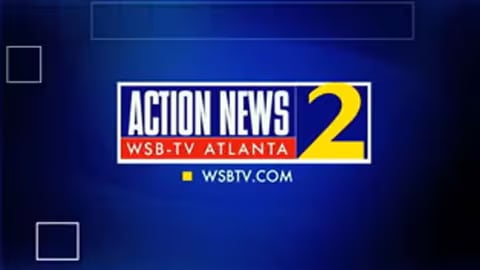WASHINGTON, DC – JANUARY 10: (L-R) Sarah Baus of Charleston, S.C., holds a sign that reads “Keep … [+]
A TikTok ban might be one step closer to reality even if there are still some lingering doubts about whether a federal law will really go into effect on January 19.
This week, the Supreme Court heard arguments for and against banning the app, which has come under fire in recent months due to the Chinese parent company, ByteDance, possibly influencing Americans and collecting data that could be used against them.
During the legal arguments, Chief Justice John Roberts noted that free expression does not apply in this case, since the app could be used for coercion. He stated that Congress advocates for free expression but “is not fine with a foreign adversary, as they’ve determined it is, gathering all this information about the 170 million people who use TikTok.”
In another exchange with lawyers presenting arguments, Justice Elena Kagan said “the law is only targeted at this foreign corporation, which doesn’t have First Amendment rights.”
The general tone of the proceedings showed a clear bent toward a final Supreme Court ruling that would ban the app in the United States. That ruling could come within a few days.
There is still a chance President-elect Trump could postpone the ruling once he takes office, but that might not be possible — the Supreme Court would have to delay its decision. The law is supposed to go into effect one day before Trump takes office on January 19.
Hearing from both sides on a potential TikTok ban
Creators who rely on the app, not to mention the users who are entertained and informed by TikTok, might find some hope in one line of questioning, though.
Justice Neil Gorsuch debated the value of an outright ban versus showing warning labels. The argument goes that, if ByteDance warned users that the app could be influencing their viewpoints, that would be enough. However, there were questions during the discussion about whether users would simply ignore that warning and keep using the app without questioning motives or intent.
Justice Brett Kavanaugh weighed in on the ruling as well, raising a concern yet again that a Chinese company might be collecting information about Americans that could be used for blackmail or “turn people” in one way or another.
He specifically noted that the app appeals to teenagers and young adults, implying that they might be easier targets for coercion. Kavanaugh noted how young adults using TikTok might land in government positions eventually, working for the FBI or another agency.
What happens next with the TikTok ban
From here, the Supreme Court will issue a ruling about whether the TikTok ban can go into effect on January 19. That usually takes weeks or months, but in this case could come as early as next week right before Trump takes office.
My view is that it has become increasingly clear that the ban will happen, based on the momentum we’ve been seeing from Congress and now the Supreme Court.
That said, there are questions about how to enforce the law, whether Trump could sway the decision even in the coming days, or if he has the power to overrule or negate the TikTok ban. That would add another dramatic twist to a story that is full of surprises.





